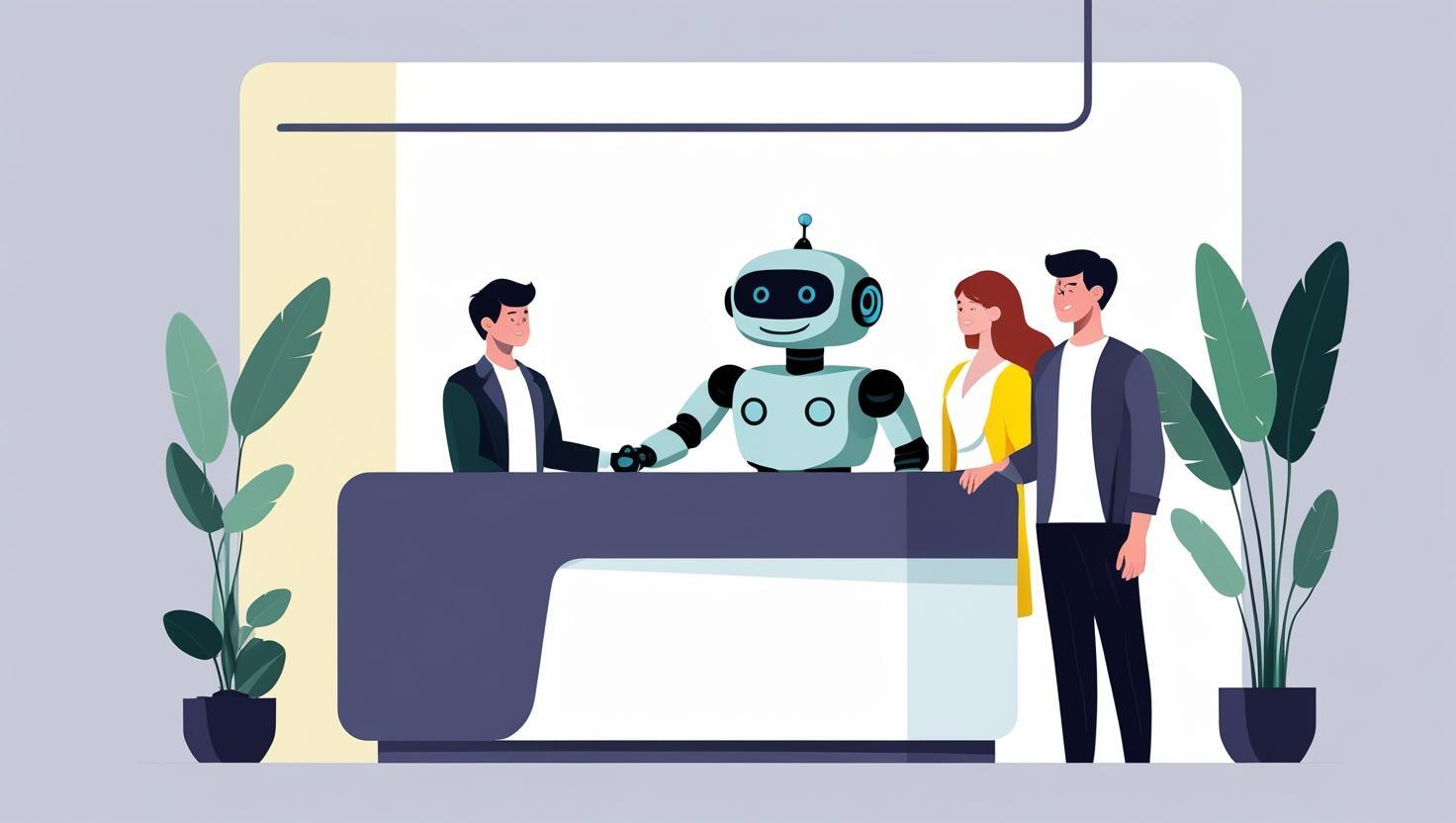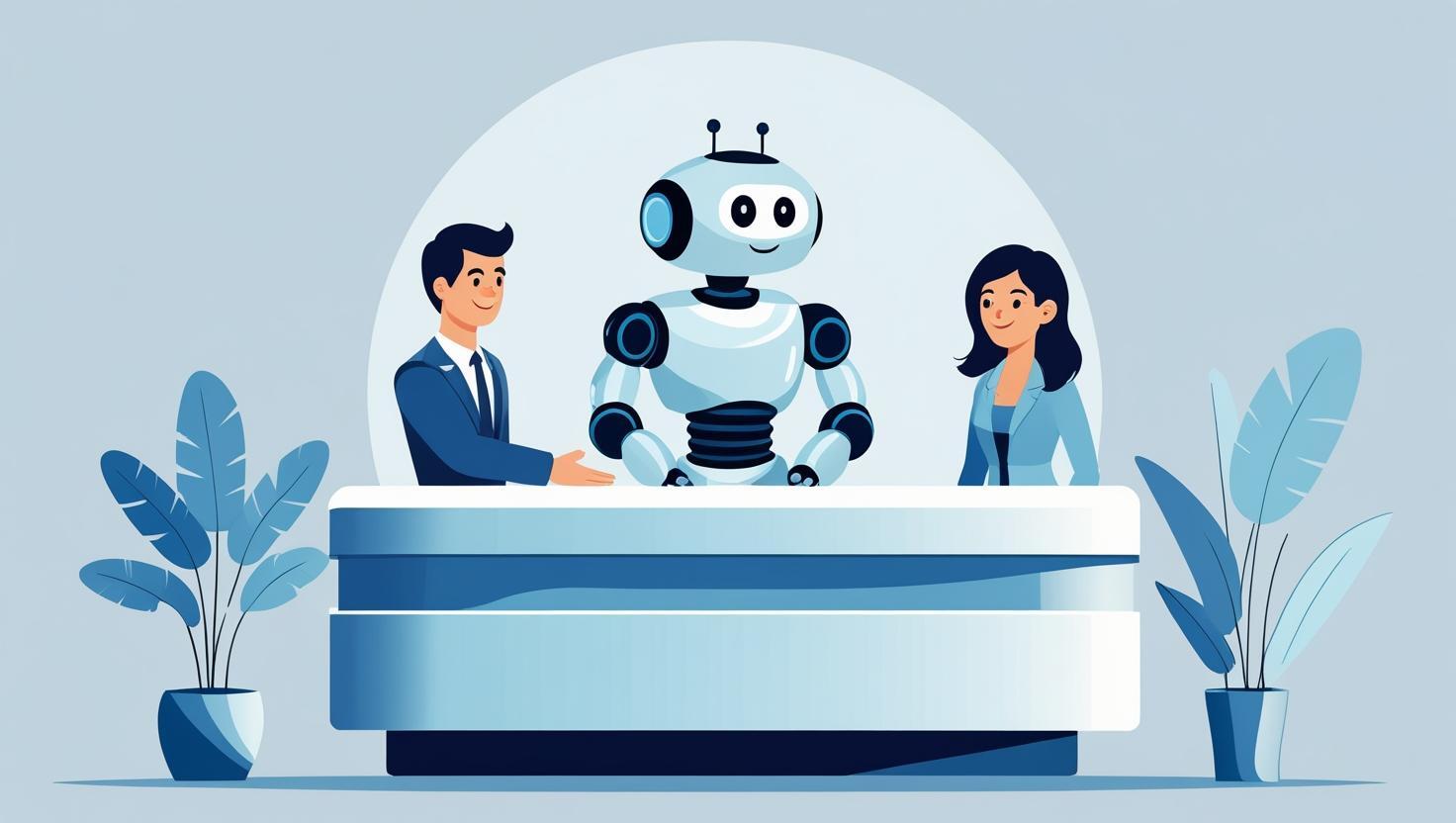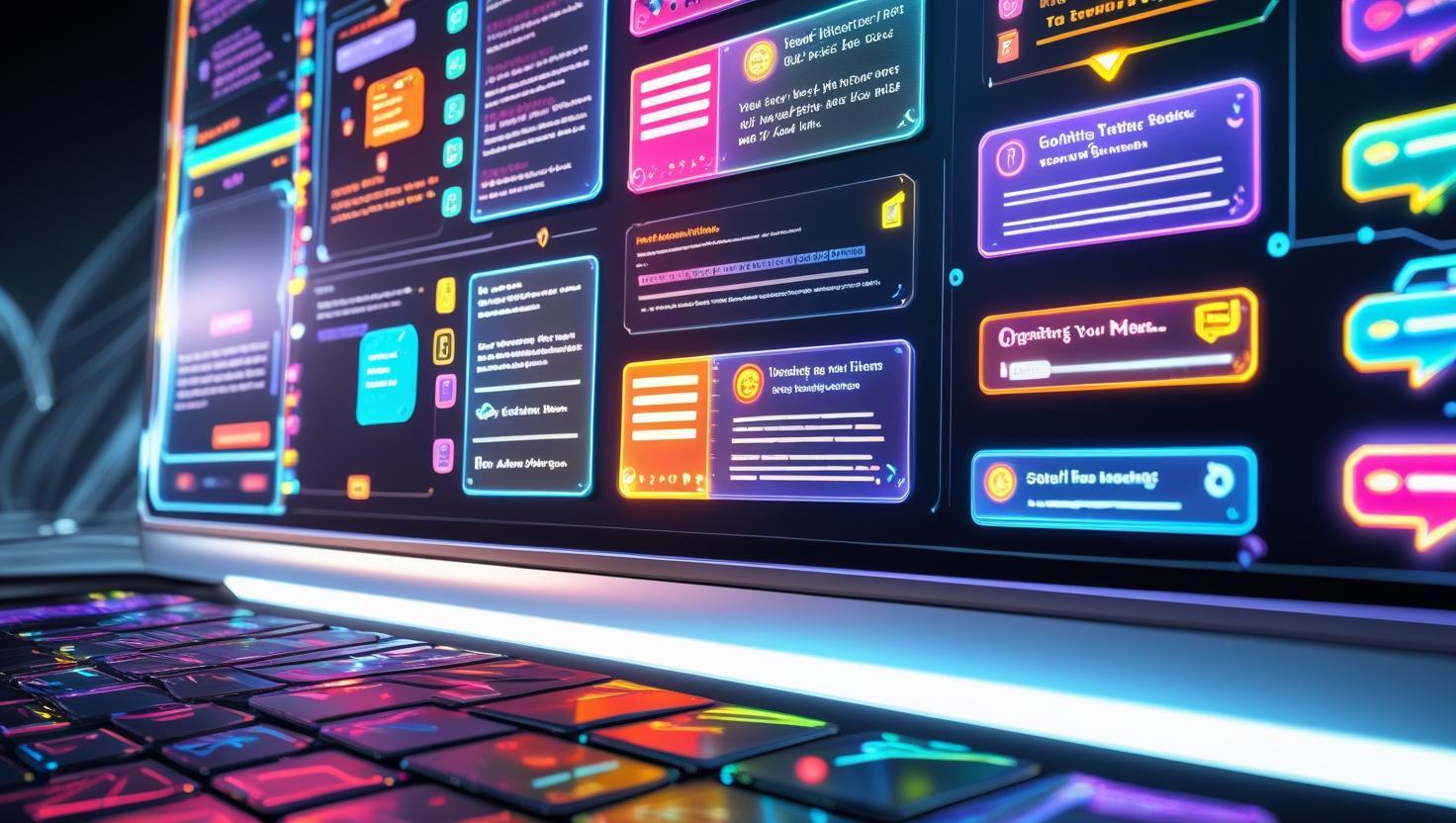Why Agentic AI Is the Most Transformative Innovation in Hospitality Tech
What’s Driving the Next Wave of Hospitality Transformation?
The hospitality industry has seen dozens of software innovations over the past two decades: cloud-based PMSs, channel managers, automation tools, chatbots. But none of them fundamentally changed the structure of how operations work.
Agentic AI is different.
Rather than assisting humans through interfaces and rules, agentic AI systems execute tasks autonomously. They don’t wait for instructions. They observe, decide, and act—just like a trained team member would.
For hospitality, this is more than automation.
It’s operational reinvention.
What Is Agentic AI—and Why Does It Matter in Hospitality?
Agentic AI refers to a new architecture where intelligent software agents—each trained for a specific function—work independently and in coordination to execute business operations.
In hospitality, this means:
- A Messaging Agent replying to guests across OTA, SMS, WhatsApp, and email in real time
- A Housekeeping Agent assigning turnover cleans based on live calendar and check-in data
- A Maintenance Agent detecting and routing issues without manual logging
- A Pricing Agent adjusting rates and generating quotes on the fly
- A Review Agent responding with brand-aligned tone and sentiment matching
All of these agents operate under a central AI Co-Pilot that orchestrates execution across the system.
The result?
Work gets done—without staff input, without switching dashboards, and without delay.
Why Agentic AI Is Bigger Than Any Other AI Trend in Hospitality
❌ It’s not another chatbot
Chatbots answer questions. Agents complete tasks.
❌ It’s not just predictive analytics
This isn’t about surfacing insights. It’s about using those insights to act in real time.
❌ It’s not “AI inside a PMS”
Adding AI features to legacy systems doesn’t solve systemic friction. Agentic AI replaces the entire logic of the stack.
The Core Shift: From Interface-Based Workflows to System-Led Execution
|
Legacy Approach |
Agentic AI Model |
|
PMS displays info for staff |
Agents act on data autonomously |
|
Task apps require staff input |
Tasks are generated and routed by AI |
|
Review tools suggest templates |
Agents write and escalate independently |
|
Pricing tools require login |
Agents adjust rates in real time |
|
Staff trained on tools |
Agents trained on SOPs and brand tone |
This isn’t just a better experience.
It’s a fundamental restructuring of how hospitality operations are designed.
Quantifiable Impact: What Agentic AI Delivers
Operators using agentic AI systems like Jurny’s NIA report:
- 🧠 91% reduction in operator workload (from 12.5 to 1.1 hours per unit/week)
- ⚡ 600% faster response and resolution times
- 💰 +30% increase in per-stay revenue from upsells
- 🌟 +25% improvement in guest satisfaction scores
These aren’t beta numbers.
They’re live benchmarks from real portfolios.
Why This Matters Right Now
The average operator today juggles more than 10 platforms—PMS, guest messaging, pricing tools, housekeeping apps, review managers, analytics dashboards. Each tool adds overhead. Each disconnect introduces risk.
Agentic AI eliminates the stack.
It doesn’t integrate tools—it replaces them.
The opportunity isn’t incremental improvement.
It’s exponential efficiency.
What Is Jurny’s NIA?
Jurny’s Network of Intelligent Agents (NIA) is the first fully agentic AI operating system purpose-built for hospitality.
It includes:
- Intelligent guest communication across all channels
- Live coordination of maintenance and turnovers
- Dynamic quote and pricing execution
- Automated review response and reputation management
- Voice/text Co-Pilot to query metrics or assign tasks instantly
It requires no onboarding. No dashboard training. Just execution.
The Bottom Line
Agentic AI is not a feature trend.
It’s the beginning of a new operational era in hospitality.
If your current system still requires staff to manage inboxes, update calendars, assign cleans, or reply to reviews—you’re running an outdated model.
👉 [Book a Demo] to see how Jurny’s agentic system handles 70% of operations autonomously—and what happens when your team no longer has to chase the work.










